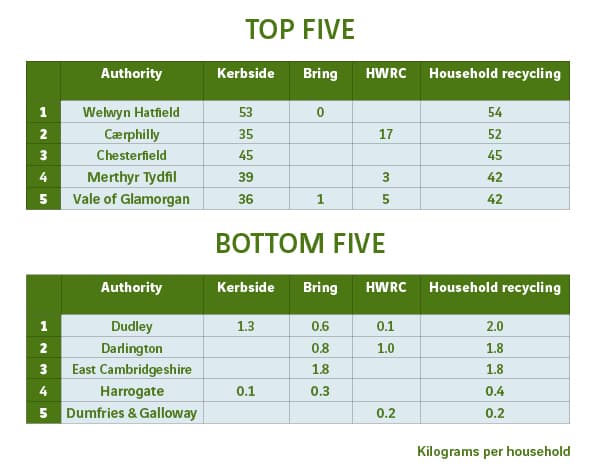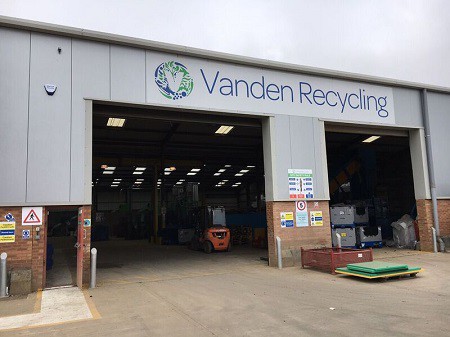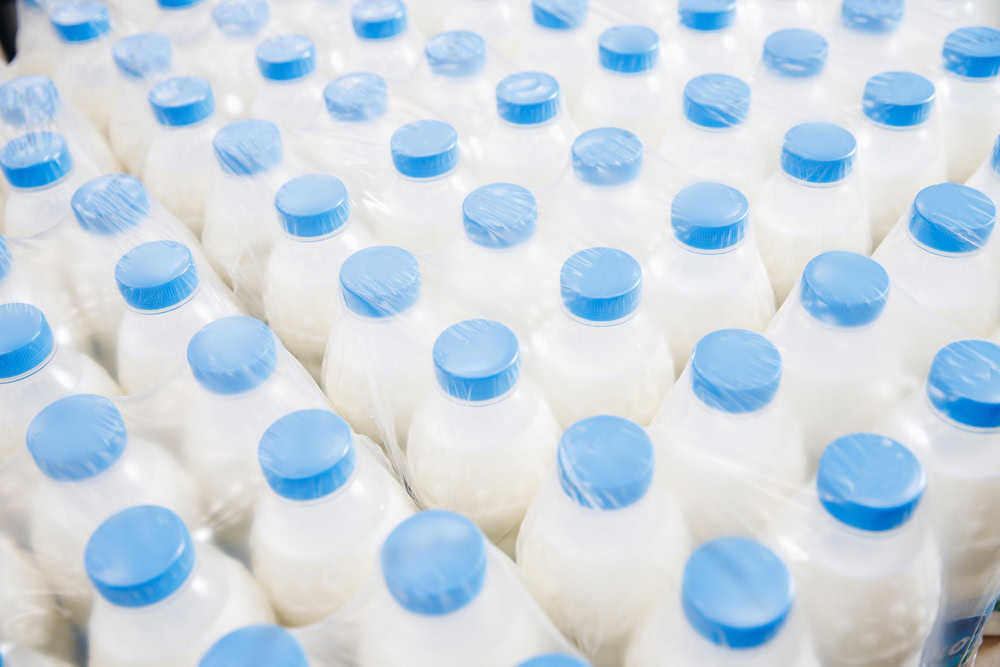More government action is needed to encourage under-performing councils to increase the amount of waste plastics that they collect, according to Barry Turner, head of the Packaging and Films Association (PAFA).
Mr Turner was speaking at an event in Parliament on Wednesday (May 14) to mark the fifth year of the Plastics 2020 recycling challenge, at which he also advocated the introduction of targets at a local level for the collection of waste plastics.
Delegates were shown a table by Mr Turner listing the five best and five worst performing local authorities in the eyes of the plastics industry, based on the amount of waste plastics collected per household.
The PAFA data, compiled at the end of 2013, ranked Welwyn Hatfield in Hertfordshire as the highest performing local authority, collecting a total of 54kgs of waste plastics per household.
Dumfries & Galloway in Scotland was listed as the poorest performing council, collecting a total of 0.2kgs per household in 2013. The other four worst performers were Harrogate, East Cambridgeshire, Darlington and Dudley.
Mr Turner was critical of local authorities which had failed to offer residents a kerbside collection service for at least plastic bottles.
He said: We are all familiar with the fact that some councils offer no collection at all for plastic at the kerbside, which I think, in this day and age is poor. We have others who offer the full range, everything from bottles to pots, tubs and trays, even films.
Its no surprise that within the top five offer the collection of recycled materials on a weekly basis. The bottom five, its no surprise that they offer any form of standard service on plastics, however all five have now made a change since this data was collected. And, although all five will all collect bottles in the future, only two will collect pots tubs and trays. So that is progress but not all the progress we want to see.
Collection
This is an area that we are going to need help if we are going to meet these targets, fast change can be brought about if councils extend the range of plastics collected.
But in defence of local authorities, Mr Turner suggested that national recycling targets did not provide the impetus for local authorities to increase the volume of plastics and other materials that they collect, and suggested that a local target specific to each authority could help to address the situation.
He added: It is all very well having a national target for recycling, but when there is no obligation at a local level, there is an immediate disconnect there.
Also, more harmonisation could be achieved on collection schemes, but we totally accept that there is no one scheme that could work all over the country.
Mr Turner also advocated the introduction of greater fiscal measures to encourage the use of recycled material in new products.
Related Links
The Plastics 2020 Challenge – which is backed by plastics trade associations the British Plastics Federation (BPF), PlasticsEurope and the Packaging and Films Association (PAFA) is a campaign aimed at significantly increase the volume of plastic packaging recycled across Europe by the end of the decade.
PAFAs members include packaging and plastic film producers such as Innovia Films, B & J Parr and Printpack.








Subscribe for free